#i think he is a sad middle-aged man who is hopelessly clinging to his youth and immaturity
Explore tagged Tumblr posts
Text

I was put on this earth to draw bill cipher in minxy little outfits
[image description: a page of drawings of a human design for bill cipher from gravity falls, done to look like a magazine cover. here, bill is depicted as a thin, pale-skinned androgynous person with an uncomfortably-wide smile. on the left is a large full-body drawing of him with short yellow and red triangular pigtails, and he is wearing a yellow bikini top, long flaired pants, and chunky platform sandals, all with eye imagery present. on the right is a a smaller image of him with a longer yellow ponytail, where he is wearing a yellow sleeveless crop top and miniskirt, and is carrying shopping bags. below that is the text "billy" repeated down the page in a sleek font. the background is a soft, muted rainbow. end id]
#very important for you all to know that genuinely i think bill cipher is an utterly miserable man#i think he is a sad middle-aged man who is hopelessly clinging to his youth and immaturity#that being said. i like it when he wears cute lil outfits <3#something something i hope my art does not portrayed a two-dimensional idea of his character to you or whatever that post says#haha two-dimensional. get it.#ok im very sleepy.. look at him#doc talks#my art#gravity falls#bill cipher
492 notes
·
View notes
Photo
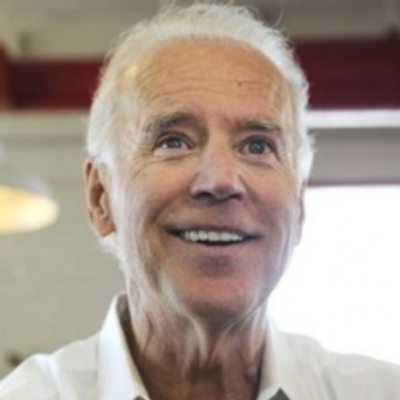
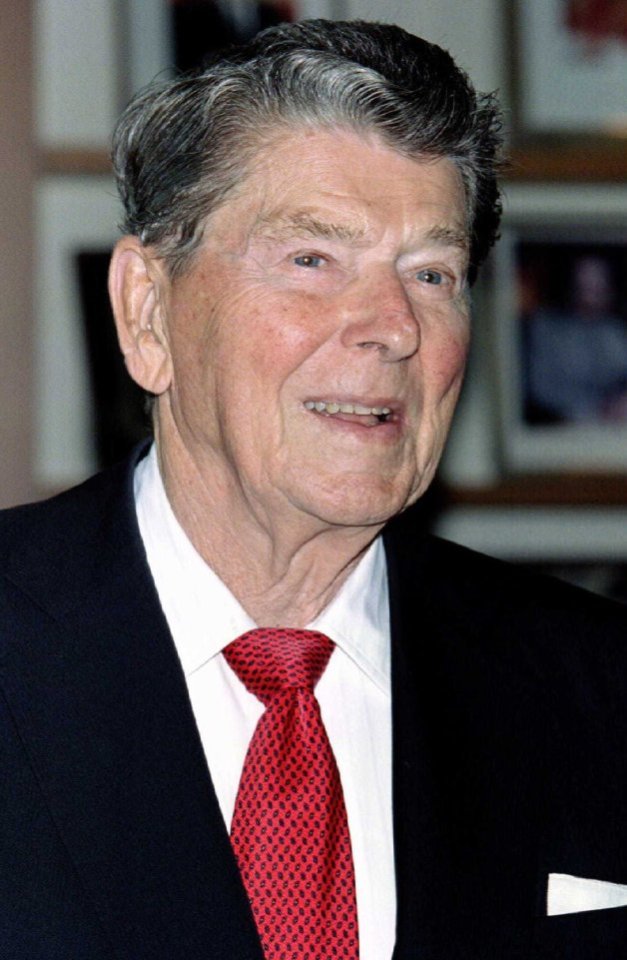
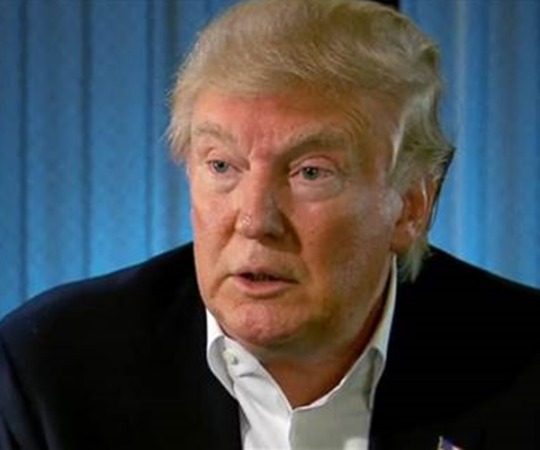
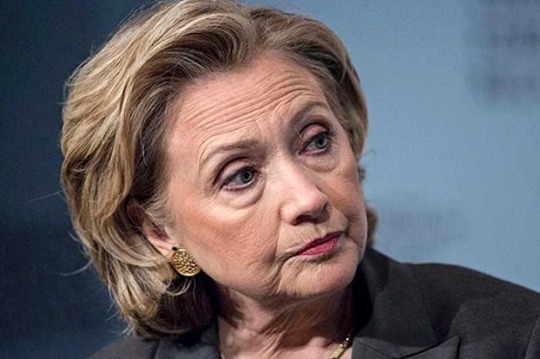
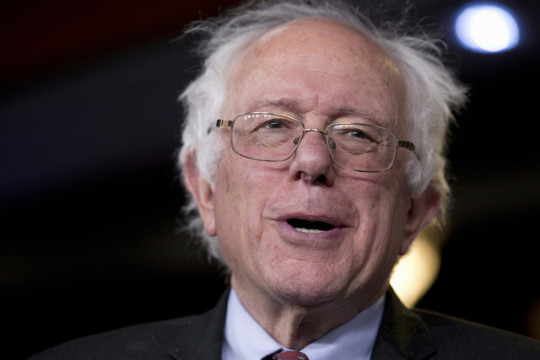
Here’s a theory proven by history:
Few people who possess any sort of power willingly release that power unless compelled by social norms or legal demands to let it go.
Does anyone disagree with this?
Of course there are exceptions. There are people with power who step aside voluntarily for the good of others. I’m sure you can name one or two. But it’s hard to argue that those exceptions are anything but exceptions.
Power and authority aren’t just intoxicating; for those who come to possess power, being powerful becomes part of their identity, the way they define themselves. The loss of power is for them a loss of identity. There’s a reason King Lear is one of Shakespeare’s most memorable and important plays– it speaks to identity as much as to power. Lear’s madness increases as his personal power decreases. He loses his sense of self, his ability to see the world as it is, and to recognize his place in it.
Power and self are intricately entwined. How many times have you reacted with instinctive resentment to a situation that made you feel powerless? The need to claim and retain power over our daily lives is at the core of our sense of independent identity. For someone who possesses true power that need must be overwhelming.
That’s why I support a Constitutional Amendment limiting election to national office to men and women under the age of 65.
There are obvious reasons why this thought may have come to me at this particular moment in history but it’s actually something I’ve been considering for about a decade, as I’ve watched the eldest cohort of my generation of Baby Boomers ruthlessly cling to power and authority well past the point of reason. When the 2016 election gave us a stark choice between two representatives of a generation that should have ceded power a decade ago, 69 and 70 years old, I shuddered. Forget whether either candidate was qualified of not, forget whether they “deserved” the Presidency for all their prior decades of service, forget the “historical” nature of their nomination, or the anti-establishment fervor that put them in place–
Forget all of that: what kind of society puts its future in the hands of grandparents?
Is it any wonder that the youth vote largely absented itself from the 2016 election? Instead of looking forward both major political parties looked backwards. Instead of embracing a new generation both parties elevated a generation that had its chance to contribute to the future and instead gave us Bill Clinton and George W. Bush. It was a sad sad moment for American politics, and the result was a disaster for the country.
Individuals as a rule are reluctant to cede power. So, I would argue, are generations.
That’s why we need a Constitutional Amendment to prevent another 2016 from ever happening again. And to prevent the constant reelection of Senators and Congressional Representatives who are clearly past their prime– people like John McCain, reelected at 79, incoherent during a Senate hearing at 80. Elected officials like McCain will never willingly relinquish power, and thanks to the electoral power of incumbency, they will rarely be voted out of office. In a country where incumbency is the major predictor of electoral success, only a Constitutional Amendment can protect the people from representatives whose identities are hopelessly entwined with the power and authority of high office.
When I mentioned this idea recently on Twitter I got push back from a friend who accused me of ageism. I can understand how this could be perceived as ageist. Judging the suitability of someone for a job based on their age is, from one viewpoint, inherently ageist.
The argument is, if someone can do a job, then their age should have nothing to do with whether or not they’re hired.
I agree with this completely and without reservation.
I also hold that by definition the age of a member of Congress or a President is directly relevant to their ability to do their job– which, fundamentally, is to represent and defend the interests of the people of the United States.
Can someone whose formative life experiences occurred sixty or more years ago adequately represent someone living today? Can someone who grew up in a world divided between a Capitalist West and a Communist East instinctively understand and respond quickly to the inherent economic contradictions of a Globalist economy? Can a man or woman who doesn’t understand, at a gut level, how info-technology has fundamentally changed modern society hope to legislate or preside over future transformations that will occur even more rapidly in the years ahead? Does someone with a mid-20th Century worldview have the ability to adapt to a new 21st Century social and economic and political paradigm?
Age isn’t just a factor in the suitability of an applicant for the job of political leader is a transformative society– it’s a determining factor. In order to lead a society you must be a part of it. Societies aren’t just a function of place; they’re a function of time. They exist in a historical context. The lessons and political skills applicable to 1890 were not applicable to 1930. The social context of 1930 provided few lessons to the politicians of 1970.
The political and social solutions of 1980 have nothing to teach us in 2020.
When I hear progressives of my generation offer the same solutions to the problems of 2017 that they promoted in 1992 (just as conservatives offer the same solutions from the 1980s) I sigh. The truth is, Baby Boomer progressives and conservatives have no idea how to solve the problems facing Generation X and Millennials. If we were capable of humility (a trait my generation sorely lacks) we’d admit it. But we can’t admit it, any more than we can willingly relinquish the power and authority our generation has assumed over the American polity.
Experience deceives us. Age blinds us to changing realities. To quote Arthur C. Clarke, in a different but relevant context, “If an elderly but distinguished scientist says that something is possible, he is almost certainly right; but if he says that it is impossible, he is very probably wrong.”
A generation only know what it has experienced (and then, only what it experienced in its youth). My parents’ generation was haunted by a fear of financial insecurity; my generation is obsessed with culture wars. My parents’ generation failed to adapt to the explosive economic growth of the 1960s; the economic and political crisises of the 1970s were a direct result of applying Depression-era thinking to Global era economics. My generation continues to fight the culture wars of the 1960s, at a time when, for most Generation Xers and Millennials, those wars are increasingly bizarre and irrelevant.
I don’t know how to solve the problems faced by today’s middle-aged men and women, today’s twenty- and thirty-somethings. Nobody my age does. We know what’s possible, but we don’t know what’s impossible. That’s why we shouldn’t have the arrogance to put ourselves forward for the most important leadership roles. We should be available to advise but not to decide.
Unfortunately, no one–especially not an entire generation–willingly relinquishes power. (Again, with few rare exceptions.) It must be torn from their grasp, either through the perpetuation of social norms, or by legal limitations.
Until Franklin Roosevelt, it was a social norm for Presidents to serve two terms. Roosevelt broke that norm, so a legal remedy reinstated it (the 22nd Amendment) because society as a whole believed the norm was worth preserving.
Before Ronald Reagan, only one President in the history of the Republic was elected over the age of 65– William H. Harrison, 68, who died a month after being sworn into office. The median age of all Presidents assuming office is 55; other than Reagan, Trump and the quickly-dead Harrison, the oldest President to assume office, at age 65, was James Buchanan, who, before Trump, was generally considered to be the worst President in history. (He bequeathed us the Civil War.) Our experience with elderly Presidents is not auspicious. A case can be made that they usually represent the collapse of the previous political order– Buchanan did, Reagan did, Trump certainly seems to. (Harrison’s election, too, foretold the collapse of the Whig party and the subsequent rise of the new, anti-slavery Republican party.) Electing elderly statesmen is, to me, a sign of political exhaustion.
Just as Roosevelt’s breaking of the two-term norm resulted in an Amendment restoring that norm, Reagan’s election broke the norm of electing candidates representative of society’s center of middle-aged Americans, and should have resulted in an Amendment limiting election to candidates under 65 (or, even better, 60). If such an Amendment had been in place we would never have been confronted by the choice of two 70-year olds in 2016, or the prospect of many 70+ contenders in the primaries for 2020.
Is the world a better place when it’s run by people who live in the past or those who live in the present? I believe age is a signifier for leadership. Below a certain age, you have too little experience to temper judgment. Above a certain age, you have too much. And beyond the practicality, there’s the moral issue. Every generation has its chance to create the future. A generation that refuses to step aside loses its moral standing. If it won’t have the decency to follow norms, then it should be forced to follow a law.
My generation’s time in the sun is done. Let’s make sure future generations don’t make the same mistake of overstaying their welcome that we have.
50 notes
·
View notes